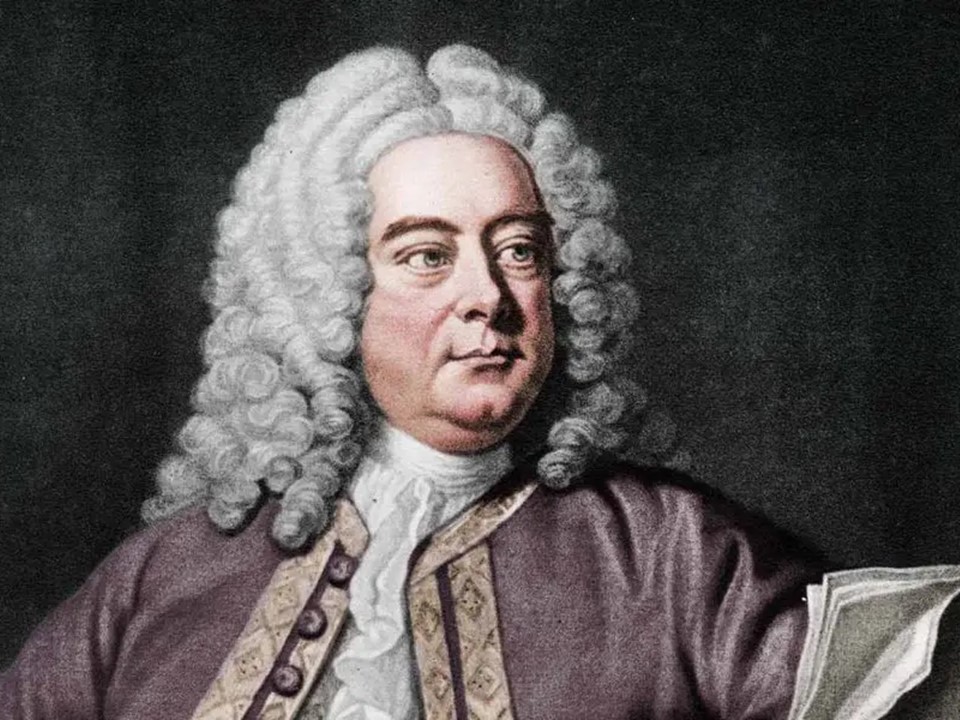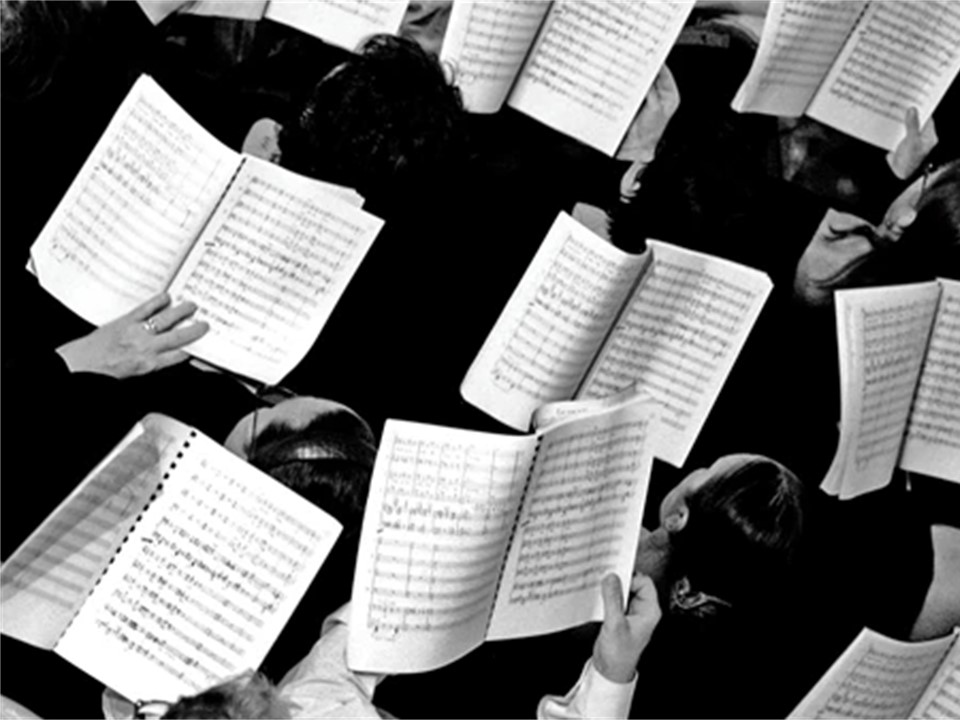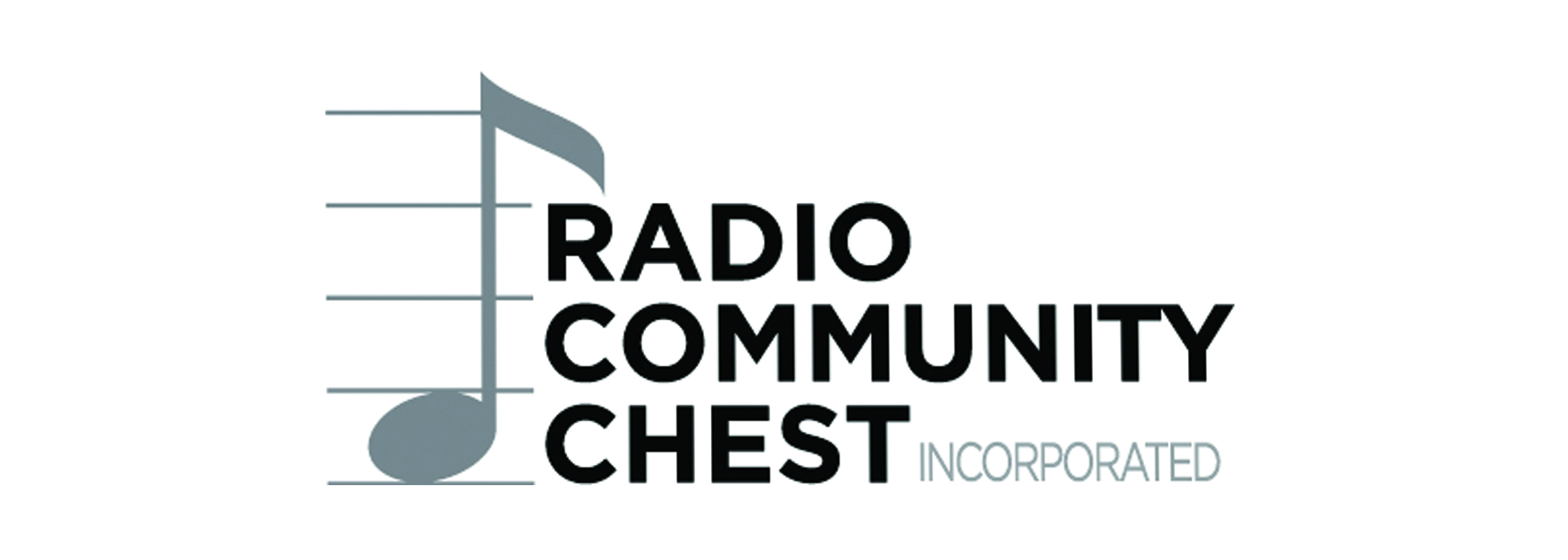
What makes this oratorio the most famous and most loved music in the world?
Handel’s Messiah is, without a doubt, the single most-performed piece of Baroque choral music worldwide. It is performed by professional singers and amateur choristers; by incredible massed choirs, and small church ensembles. It is famous. It is loved. It is iconic.
We’ve been singing it here in Sydney since 1941; but the history of Messiah reaches back two hundred years before that: to a composer in London, a librettist in Leicestershire, a concert in Dublin and a King of England.
You can be part of the continuing story of Messiah by being part of the audience at the Sydney Town Hall in December or by joining the Choir. Register here from 1 July.
Their sound is gone out into all lands!

The Story Begins…
A polite assembly crowded into Dublin’s Music Hall in Fishamble Street on the 10 April 1742 for a public rehearsal of an upcoming concert. Those attending the rehearsal had tickets for the formal concert scheduled for two days later, but their tickets entitled them to also attend the rehearsal.
In the end, the concert was postponed one day to the 13 April at the request of certain ‘persons of distinction’. Despite the postponement, however – and the fact that so many people had heard the rehearsal – an estimated seven hundred people crowded into a music hall that usually accommodated six hundred.
Thus began the remarkable history of one of the most well-received works in the annals of music.

Messiah is an Oratorio
Oratorios have one element in common. Like operas, they are dramatic stories entirely set to music for vocal soloists, choruses and instruments. But unlike operas, they do not usually include acting, costumes and stage props. Also unlike opera, oratorios usually tell sacred stories drawn from the Old Testament or the lives of early Christian saints. Both opera and oratorio originated and developed in Italy during the late Renaissance and early baroque periods in music history.
The Plot of Messiah
Messiah tells a hero story, albeit about an incomparably greater hero than any in other operas and oratorios. Its hero is human and divine, unlike the heroes of other oratorios , who are often mere – and flawed – mortals. Messiah is not merely the story of a king or judge or general; it is the story of the King of Kings and Lord of Lords. Like other oratorios, Messiah offers drama, but whereas other oratorios present action that is limited in time and space, Messiah tells a cosmic drama that transcends both time and space.
The plot contains minimal exterior action and few historical events, it is dramatic nonetheless; describing the incredible drama of humankind’s delivery from the tyranny of Satan, sin and death by the long-promised Messiah. It unfolds in three ‘Acts.’ The first Act focuses on the Messiah’s birth, the second on his suffering, death, resurrection and ascension. The third looks ahead to the resurrection of the saints and to the Messiah’s eternal reign.

The Composer: George Frideric Handel
George Frideric Handel was a German-British Baroque composer born in 1685 (the same year as Johann Sebastian Bach and Domenico Scarlatti). He worked as a composer in Hamburg and Italy before settling in London in 1712, where he spent the bulk of his career and became a naturalised British subject in 1727.
Handel has been accorded high esteem by fellow composers, both in his own time and since, including by Johann Sebastian Bach, Mozart and Beethoven. With his English oratorios, such as Messiah and Solomon, the coronation anthems, and other works including Water Music and Music for the Royal Fireworks stand out. Handel became a national icon in Britain.
He died in 1759 at home in Brook Street, at the age of 74. The last performance he attended was of Messiah. Handel was buried in Westminster Abbey. More than three thousand mourners attended his funeral, which was given with full state honours.
Handel never married and kept his personal life private. His initial will bequeathed the bulk of his estate to his niece Johanna, but four codicils distributed much of his estate to other relations, servants, friends and charities.
The autograph score of Messiah was left to the Foundling Hospital, a charity Handel supported with performances of his works.

The Birth of Messiah
Charles Jennens provided Handel with the Messiah libretto, with text taken from the Book of Common Prayer. Handel received the libretto and began working on it on 22 August 1741, and he worked quickly. By the 14 September he had finished the work – only 23 days later! The first performance would take place the following year, in 1742.

The First Performance in Dublin
Handel received an invitation to go to Dublin for the 1741-1742 concert season, and arrived there on 18 November 1741. While there, he arranged two series of concerts to include a selection of his music, including the recently completed Messiah.
Messiah was advertised in the Dublin Journal of 27 March 1742 as a performance to benefit “The relief of the prisoners of several (debtors) gaols, and for the support of Mercer’s Hospital in Stephen’s Street, and of the Charitable Infirmary on the Inns Quay.” On the 10th April the same newspaper announced the performance and requested that ladies not wear hoops in their skirts, and men not wear swords, so that more people could fit into the concert hall, and subsequently more money made for the charities.
The first performance took place at the New Music Hall on Fishamble Street and was a huge success. An audience of seven hundred raised £400. The second performance on 3 June was similarly a hit, with great reviews appearing in the Dublin News Letter and the Dublin Journal.

Then to London!
Messiah was first performed in London at Covent Garden a year after its Dublin premiere, on 23 March 1743, and immediately met with controversy. An exchange in the newspapers wrote that the oratorio was too sacred for performance in a theatre, and too theatrical for performance in a church. Only three of the planned six performances took place, and concerts for the following year in 1744 were cancelled.

All Stand for the Hallelujah Chorus
It is now traditional for the audience to rise to their feet at the opening sounds of the famed “Hallelujah” chorus and remain standing until the chorus has been sung. The story behind this tradition is that King George II stood up during the chorus at Messiah’s 1743 London premiere. Some believe the king was so moved by the music that he stood up to show his reverence, and, since it was considered good etiquette to stand when the king stood, the audience had to follow suit.
Handel was already acquainted with King George II, having been commissioned to compose four anthems for George II’s coronation in 1727. The most magnificent of these anthems is Zadok the Priest which has featured in the coronation of every English monarch since.

Handel, the Philanthropist
Benefit concerts were a popular form of fundraising for individuals and institutions in the eighteenth century, and Handel was particularly generous to charities with his time and efforts all through his life. The very first performance of Messiah raised £400 for a number of Dublin charities, and thereafter performances of Messiah raised money for Handel’s two favourite charities, the Foundling Hospital and the Fund for Decayed Musicians, as well as others. The annual benefit performances of Messiah continued until Handel’s death in 1759, and raised almost £7,000 for the charity, whilst establishing Messiah as a central work in the English repertoire. While Handel’s music is his greatest bequest, his philanthropic work in donating performances for needy causes also established a lasting legacy. Performances of his works, in particular of Messiah, for charitable causes have taken place throughout the 19th and 20th centuries, and continue to this day.

Bigger and Better
The first performances of Handel’s Messiah featured a choir of around 30 voices, all men and boys, from the St Patrick’s and Christ Church cathedral choirs in Dublin. These choirs were joined by two women soloists, Christina Maria Avoglio singing soprano, and the stage actress and contralto Susannah Cibber. They were accompanied by an organist and a small orchestra. In 1784 in commemoration (one year early) of the centennial of Handel’s birth, Messiah was performed in Westminster Abbey with a choir and orchestra of collectively five hundred choristers and musicians. The tradition of gargantuan performances had begun, and has continued through the excesses of the Victorian age, and into the twentieth century. This tradition of using large choirs has an authenticity of its own, and gives many more people the wonderful experience of participating in the performance of this great music – no small consideration!

Messiah Reigns Forever and Ever
Handel died in 1759, but Messiah lives on. Since composition it has been perpetually in the repertoire.
After three London performances of Messiah in 1743, it was performed there again in 1745 at the King’s Theatre in the Haymarket, and returned in 1749 and 1750 to Covent Garden, before beginning its annual performances at London’s Foundling Hospital.
Since its first performance in Dublin in 1742, there has not been a year in which Handel’s Messiah hasn’t been performed somewhere in the world.
Be part of the continuing history of this world-famous and iconic music.
